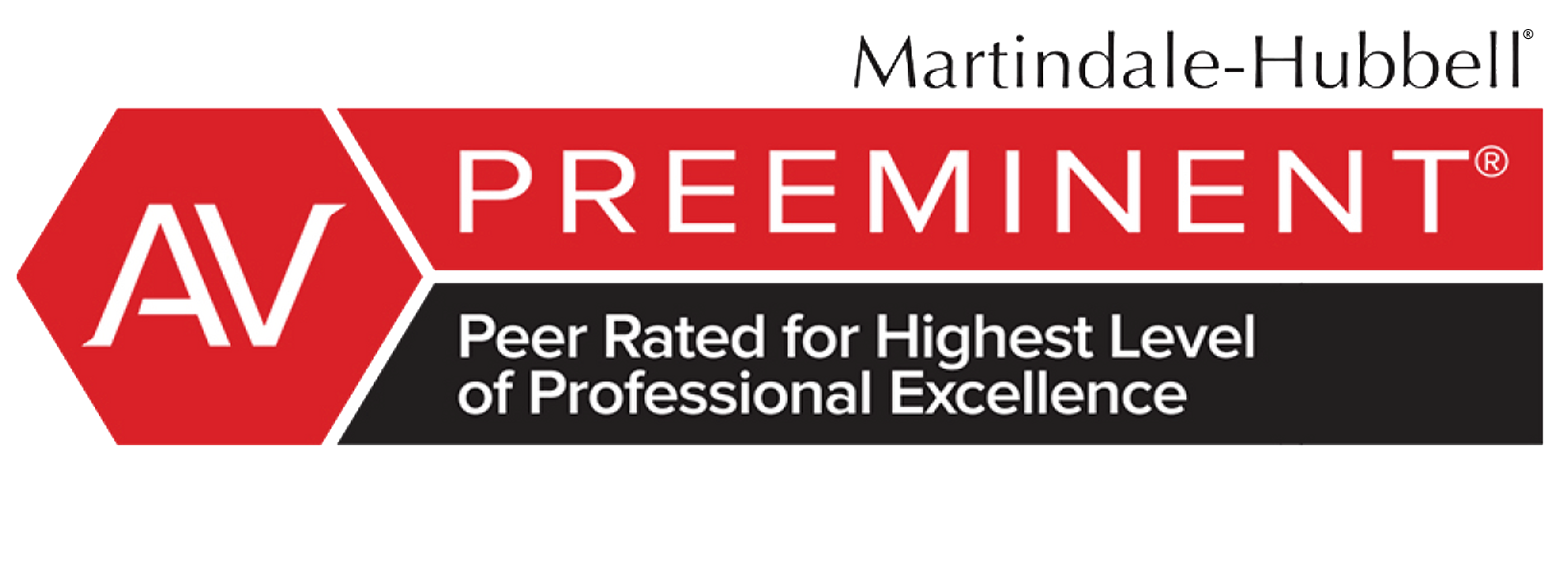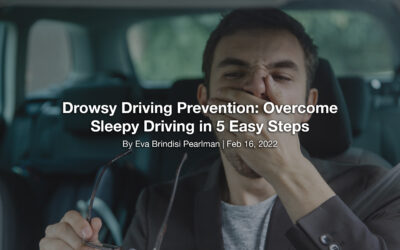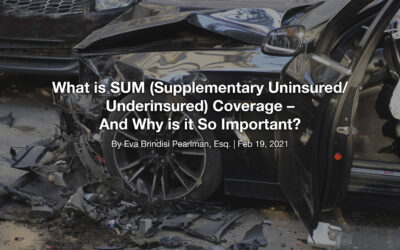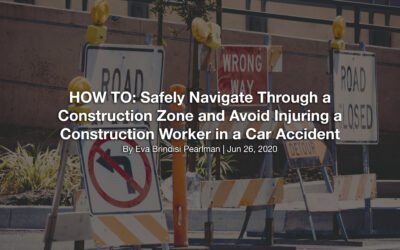ARE YOU PREPARED FOR WINTER WEATHER DRIVING?
Now that winter weather is here in Central New York, snow and icy driving conditions can, unfortunately, lead to a greater number of seasonal car crashes. Severe weather can be both frightening and dangerous for motorists. If the weather is bad, it is always best to stay home and to only go out if necessary. Even if you’re an experienced winter driver, it’s better to avoid unnecessary risks, if possible. If you must venture out during bad weather, the best thing you can do to avoid an accident is to make sure you adapt your driving to the weather conditions and make sure your car is in good working condition before you hit the roads.
What You Can Do To Stay Safe on Central New York Winter Roads
1. Always Give Yourself Plenty of Time.
On bad weather days, you do not want to feel rushed and stressed on the roadway. Leave early to give yourself plenty of time to arrive at your destination. Also, driving during daylight hours provides better visibility.
2. Always Reduce Speed.
It is not a race to see who can get to Grandma’s house the fastest. Slow down and allow yourself more time to stop if needed. Speeding, especially in dangerous weather conditions, is the second leading cause of auto accidents.
Accelerating, stopping and turning all take longer on snow-covered or icy roads. Slow down and allow yourself more time to stop or turn if needed. Speeding, especially in dangerous weather conditions, is the second leading cause of auto accidents.

CONTACT US FOR A FREE CASE EVALUATION
Reacting properly while driving in snow or ice can be difficult. Braking too abruptly can cause your car to lose traction and skid, resulting in a car crash. Since it takes longer to slow down on icy roads, AAA recommends increasing your following distance to five to six seconds. The increased margin of safety will provide the longer distance needed if you have to stop.
4. Driving on Hills.
Be careful not to power up hill because applying extra gas on snow covered roads will just make your wheels spin. It is best to try to get some inertia before you reach the hill and let the inertia carry you to the top. As you reach the top, it’s best to reduce your speed and proceed slowly downhill.
5. Always avoid distractions!
The leading cause of car crashes is distracted driving. Texting and driving accidents are sadly all too common, especially since they can be so easily prevented. Make your passenger the “designated texter” and do not use your cell phone while driving. Consider downloading an app to prevent distracted driving that will block incoming texts and send an auto-reply to notify your friends or family that you are driving and it is not safe to call or text you. All the major wireless carriers have these special apps to help us avoid distracted driving.
What You Can Do To Make Your Car Safer During Winter Months
Preparing your car for winter ensures, first and foremost, safety. During the winter months, it is especially important to make sure your car is in good driving condition. Here’s some tips on how to prepare your car or truck for the season. These guidelines can help with avoiding a car accident in the upcoming winter months.
1. Always Inspect your Car.
Before traveling long distances, make sure your vehicle is well-equipped for the journey. Always check the following:
- Check your headlights to see if they are working properly for night driving as well as any inclement weather you may run into. In snow, sleet and freezing rain, visibility is diminished so it’s important to make sure that all of your lights are working properly.
- Inspect, service or replace your battery, if necessary. Battery power drops in colder temperatures. If your batter power is already reduced, you can run into problems. Also check for corrosion on the battery terminals as this can cause problems in winter months.
- Check your tire tread and if too low, replace your tires. Consider winter tires for your vehicle as they are designed to grip the road in snowy or icy conditions.
- Check your tire pressure as tire pressure goes down in colder temperatures. Underinflated tires wear more quickly and can result in sliding on icy roads.
- Check your brake pads and rotors and change them if you notice wear. If you notice wheezing, grinding or chirping, its best to have your brakes checked.
- Winterize your fluids from the motor oil to the wiper fluid.
- Keep your gas tank on full since, in the wintertime, condensation can form in the empty part of your gas tank and can freeze the gas lines. Also, if you’re ever stuck somewhere or isolated for a long period of time, you will have a full tank of gas.
2. Always ensure your exterior exhaust is clear of snow if you are stranded in your car.
Immediately ensure that the exterior exhaust on the car is clear of snow so you don’t get carbon monoxide buildup in your car. Turn your car off. Only turn it on once in a while to heat it up, and then turn it back off to conserve gas. Continue to check the tailpipe each time you turn the heater on. And, if stranded remember to put your hazard lights on or place roadside flares near your car so you are visible to other motorists and potential rescuers.
3. Always Pack an Emergency Kit.
If the unfortunate occurs, you may be wondering what to do if you are in a car accident. Making sure you and your passengers are alright and calling for help is the first step. However, what if calling for help is not possible? Before traveling, make sure you pack an emergency kit. A cell phone charger with an adapter to plug into a lighter is very handy if your battery is compromised, and is just one of many things you should keep in your car for the trip. Other items to include: a blanket, extra hats, gloves, socks, boots, water to stay hydrated and snacks, a first aid kit, shovel, an ice scraper, a flashlight, jumper cables, reflectors and/or flares, and matches. These items will help you stay warm enough until you can obtain the attention of another driver and get help.
We hope it never happens, but if you are ever hurt in a car accident during any season, please, call the personal injury lawyers at Brindisi, Murad, Brindisi and Pearlman and receive a free consultation today. We are personal injury attorneys who know the law and will protect you and your rights. We have years of experience when it comes to motor vehicle accident lawsuits, so if you’re in a car accident you need an experienced attorney, contact us today.
Share this blog with your friends…
Tags: Car Accidents
Related Blogs
Drowsy Driving Prevention: Overcome Sleepy Driving in 5 Easy Steps
Drowsy Driving Prevention: Overcome Sleepy Driving in 5 Easy Steps It has happened to all of us at some point. We did not get enough sleep the night before, we’re trying to pull an all-nighter on a road trip, or maybe our nighttime medication didn’t wear off enough by...
What Is SUM (Supplementary Uninsured/Underinsured) Coverage – and Why is it So Important?
What Is SUM (Supplementary Uninsured/Underinsured) Coverage - and Why is it So Important? Supplemental Uninsured Motorist coverage (“UM”) is coverage that is part of an endorsement on everyone's insurance policy in the State of New York that protects occupants...
HOW TO: Safely Navigate Through a Construction Zone and Avoid Injuring a Construction Worker in a Car Accident
Everywhere you drive right now, you pass through at least one section of road construction. Diligent individuals work tirelessly to make our roads safer for the community. Unfortunately, there are careless individuals who commit crimes such as speeding in a work zone...
Injured In An Accident?
Contact BMBP Today!






Utica, NY 13501
MONDAY – FRIDAY
9AM-5PM


